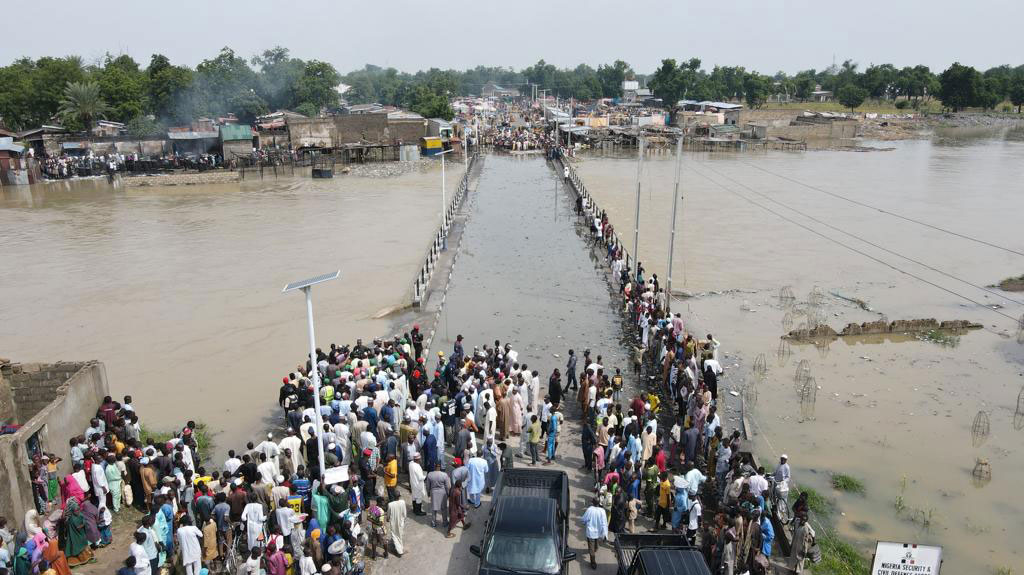
As motorists struggle for Premium Motorist Spirit (popularly known as petrol) in Abuja and neighbouring states, the Federal Government yesterday, said the crisis was precipitated by “unprecedented flooding in Lokoja, Kogi State.”
Without pipelines, Nigeria hauls over 98 per cent of PMS by road, creating age-long supply chain issues for consumers, and infrastructure networks and worsening security concerns nationwide.
Coming as stakeholders converge on the headquarters of the Nigerian Midstream and Downstream Petroleum Regulatory Authority (NMDPRA) in Abuja, to consider Midstream & Downstream Petroleum (Safety) Regulations and Petroleum Measurement Regulations, players risk sanctions for violations of safety and measurement guidelines.
With long queues in fuel stations and black marketers returning to the Federal Capital Territory (FCT), the NMDPRA CEO, Farouk Ahmed, said the natural disaster, which submerged a greater part of Lokoja, prepared the ground for the crisis.
“This, unfortunately, has affected the distribution of petroleum products to the FCT and its environs,” he stated.
Ahmed said trucking via alternative routes was ongoing to address the situation, restating that the country has sufficient petroleum products inland.
He continued: “Consequently, the public is advised to avoid panic buying at fuel stations as the NMDPRA is working assiduously with relevant stakeholders and government agencies to ensure product availability across the country.
“In the same context, marketers are advised to desist from hoarding product to avoid inflicting hardship on Nigerians.”
He hinted that operators might pay a penalty of $2 million if an oil meter is compromised.
The proposed sanctions could also see the operators paying a $5,000 fine per facility on an account of employment/ engagement of non-accredited contractors for fabrication, construction, calibration and testing.
Also, deploying an unapproved tank for hydrocarbon storage without approval per tank would attract a $5,000 fine, while an unapproved tank for storage of petroleum products would N1 million in fine.



